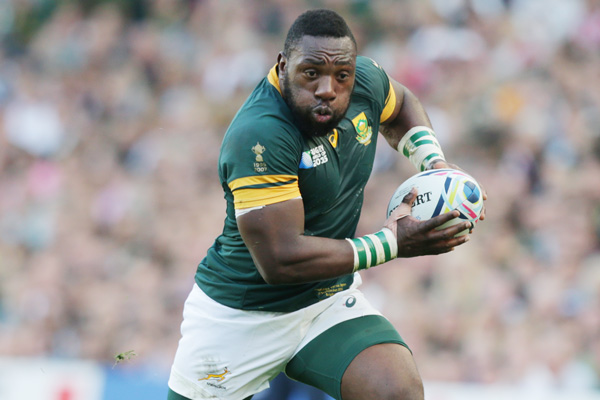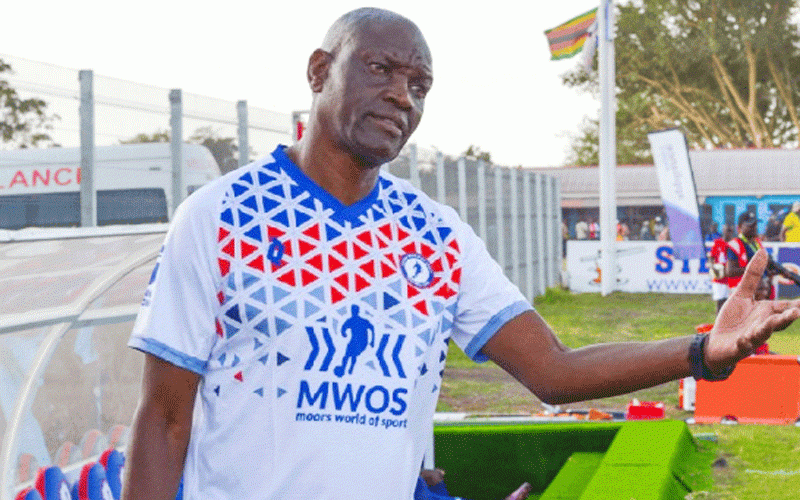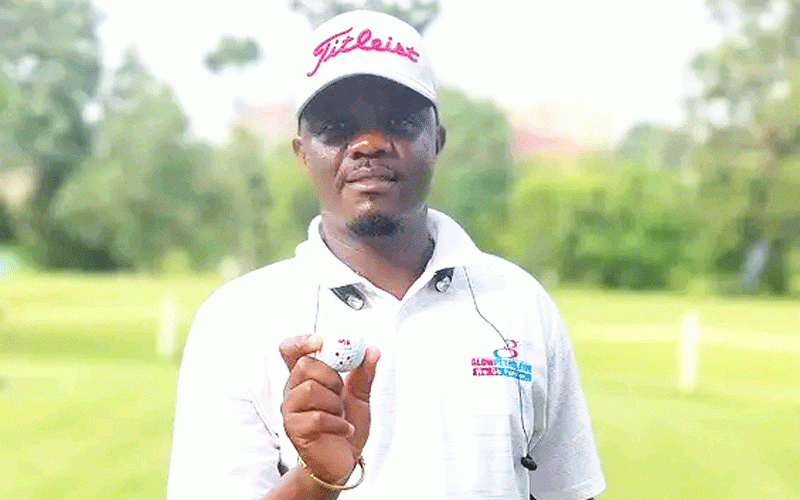
school of sport:with TIM MIDDLETON
THE 2019 Rugby World Cup will live on in many people’s memories for a number of different reasons. For South Africa, the eventual winners, it would be reasonable to assume that the memories will centre on their victory but for many people even there it stands out for something greater. For them, if the rugby team with its mixed ethnic composition can overcome the massive hurdles to win the World Cup, then the nation can come together and find a way to overcome its difficulties. The coach, Rassie Erasmus, explained that “South Africa has a lot of problems and we started talking about how rugby shouldn’t be something that puts pressure on you. It should be something that creates hope.” Others described it slightly differently: “Whatever we do, we have to be united and support each other. It makes me hopeful for my country.”
Many will recognise the strong echoes such views have with those expressed by South Africa’s former president, Nelson Mandela, who declared that “Sport has the power to unite people in a way that little else does,” following South Africa’s first Rugby World Cup victory in 1995. He added, “Sport can create hope where once there was despair.” We have considered these thoughts previously (in an article entitled ‘Sport Can Change The World’) but further reflection may be helpful as we consider school sport.
The fact that we can say “Sport has the power to unite people” implies that sport does not always unite people; it can, it has the power to do so, but it does not always or automatically succeed. We can take it further: yes, sport has the power to unite but, it also has the power (or maybe that should read “the passion”) to divide. We do not need to go far to find evidence of this. Raheem Sterling of Manchester City and Joe Gomez of Liverpool met up the day after their two clubs played out an intense and fierce match between the two sides at the top of the English Premier League, when they reported for international duty with the England squad. That first morning, they squared up to each other (as they had done in the match the day before) and fought each other. Sport did not unite them that morning. Previous international matches involving England, in Montenegro and Bulgaria, saw the team almost leave the pitch because of the racist chants directed at Sterling and other English players by the opposing fans. At many soccer matches in any country, around the world, especially rival derby matches, vitriolic chants are sung loudly and threateningly; objects ranging from coins to bottles, chairs and flares are thrown at players and rival fans; fights are witnessed on and off the field — hardly an advertisement for unity!
While Mandela stated that, “Sport can create hope where once there was despair” we could add that sport can equally create hype where once there was drabness; we could say sport can create hatred where once there was delight. Sport has the power to divide. Such a statement may be sad but it is not surprising; after all, sport produces winners and losers, so inevitably it divides teams and therefore people, simply by the result. However, it divides in other ways. As Sterling and Gomez demonstrated, it divides people by club allegiance at a national level. It also divides by personal interest against the interest of the team (with players from the same side competing for the one place in a provincial or national team). We do not need to look far to see similar signs at school sport on a Saturday afternoon, with players, parents, coaches being divided, though not understanding the context (as opposed to the contest).
The Springboks perhaps did grasp the reality of this truth. Erasmus also said, “The All Blacks game in the pool stages was a great test run for us in terms of handling pressure. But in South Africa pressure is not having a job. Pressure is one of your close relatives being murdered. We started talking about how rugby shouldn’t be something that puts pressure on you. It should be something that creates hope.” Siya Kolisi, his captain, said: “With all the challenges we have, the coach said to us that we are not playing for ourselves any more, we are playing for the people back home, and that is what we wanted to do today. We can achieve anything if we work together as one.”
We too need to teach our children the power of sport to create hope for this country and society as a whole; if we do not, then it will only divide us even further and nobody will be the winner.
l Tim Middleton is a former international hockey player and headmaster, currently serving as the Executive Director of the Association of Trust Schools Email: [email protected]











